Hook ‘em with a Great First Impression
Authors Must Hook ‘em from the Start with the One Chance at a Great First Impression
 It’s all in the hook. My husband says he doesn’t like to fish . . . he likes to catch. Don’t we all? And what’s the difference between the two? That hook!
It’s all in the hook. My husband says he doesn’t like to fish . . . he likes to catch. Don’t we all? And what’s the difference between the two? That hook!
I once heard a senior editor at Berkley Publishing in New York claim he could almost reject a submission by how the envelope was addressed, though he admitted reading the first sentence—most of the time. If it peaked any interest, he’d read that first paragraph. If no hook by then, he set it aside and went on to the next.
A writer must make a great first impression. I’m not a fisherwoman, but as wordsmiths, we must hook our readers then reel him/her all the way into the net with that first sentence, the first paragraph, and the perfect, exciting first page. It may be our only opportunity to sell that book.
Where you choose to start your story is paramount.
Think drama.

Friends and family might sit still for hearing about baby Sally’s first steps (uninteresting, everyday information) or even hearing the details of the baby’s birth and her childhood (back-story), but the words on page one are being read by total strangers here.
 Start with a hook, it’s imperative! Choose words that make the reader want to keep going, turn the page.
Start with a hook, it’s imperative! Choose words that make the reader want to keep going, turn the page.
Think of a personal trip to the bookstore. What do you do? Find the genre you like then peruse the spines. If a title stands out, you pull it off the shelf. Then what? Turn it over to read the jacket copy, right?
If you’re still interested, if the story sounds appealing, you open to that first page. Am I right?
The time allotted to entice the readers can be measured in seconds.
All total, maybe the writer has thirty precious tics, half a minute, with that prospective fan. Again, think drama. I’ve found a good place to raise the curtain is with a crisis that leads to a decision (most always a bad one) or a decision that leads to a crisis (told you it was a bad one).
Bad decisions are precursors to drama.
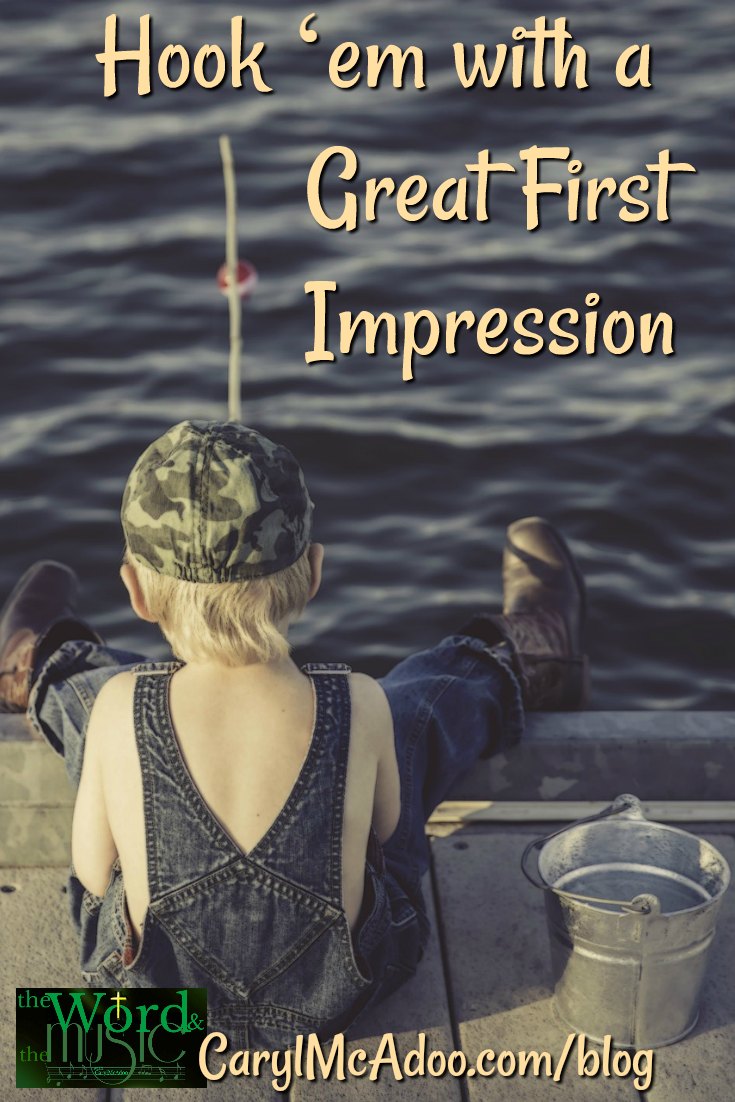
Crises—difficult or dangerous situations that require immediate attention—and bad decisions are proven good openings for stories.
Unlike movie trailers, a juicy, chosen snippet from the car chase in act two can’t be the tease to lure readers in, any more than the long, yearning gaze from the love scene a hundred pages in.
The book shopper—especially one considering a new author—is looking for a story where they can live vicariously through the character and enjoy the journey.
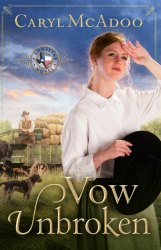 When the jacket copy interests them, then they turn to the first page. Both should propel heroes and heroines to action.
When the jacket copy interests them, then they turn to the first page. Both should propel heroes and heroines to action.
My historical Christian romance, Vow Unbroken, opens like this:
Example:
He took the pinch of cotton Sue offered and rubbed it between his short, pudgy fingers. “I’m truly sorry, Mis’ess Baylor. Two cents is all I can pay.”
She seethed but forced at least a show of civility. “Mister Littlejohn.” She spoke in a stiff staccato. “A week ago. Before everyone left. You promised three-and-a-half to four cents a pound! You said depending on the quality. That is the main reason. The biggest reason. That I didn’t go with the others.”
The man smiled. “Oh, I might have said two-and-a-half or maybe even three, but things change. You know that.”
She couldn’t stand being talked down to, especially by such a lying loafer.
“I wish I could help you, but two cents it is. I mean, besides, anyone can see.” He held the sample up. “It’s shoddy lint.” He shook his head.
“Pardon me for saying, Mis’ess Baylor, but a granger you are not.”
“Anyone can see its excellent quality, you mean.”
A bit of breeze, a very little bit, stirred the top layer of dust from the street; it cooled her skin, but her insides still steamed.
Sue studied his face while a hundred calculations ran through her mind. He certainly didn’t look like the weasel he’d turned out to be. Her cotton was as good, if not better than any of the loads that left last Thursday. She reached up and massaged her neck, then lifted her braid to let some air dry her sweat.
She glanced over at her wagons. Levi had Becky laughing hard. The children would be so disappointed. Maybe if –
No. She would not allow this thief to take advantage of her family. How could he even think to? The loathsome, immoral oaf! She’d worked too hard getting her crop in. Everyone had, even her nine-year-old Becky. Why, at two cents, she’d hardly realize any profit at all after the extra seed and what she paid the pickers.
She squared her shoulders and determined anew, faced him again. “I’ll accept three-and-a-half cents per pound. All cash. Not a fraction less.”
“Two cents, ma’am. Half now, half when I get back.” He jingled the coins in his vest pocket.
This information is found in my compilation of what God’s allowed me to learn, a non-fiction book for writers and authors, STORY & STYLE, The Craft of Writing Creative Fiction. Get your copy now to keep reading and learning!
The Word

The Music
JOY IS THE FLAG FLOWN HIGH
✞♪♫•✫JOY is the flag ♥ flown high!✞♪*•from the castle♫♪*♪•of my heart!♪*•♫♪ from the castle✞♪of my heart! ♫•.♪♫ from the castle of my heart! ♫✫JOY is the flag ♥ flown high!✞♪*•from the castle♫♪*♪•of my heart!♪*•♫♪ for the KING! ♫•✫♥ *♪ is in residence there!♪♫•✫✞ ♪♫✫
Has Sue’s crisis –her hard earned profits being swindled– stirred your curiosity to read on?
How would you react to her predicament?

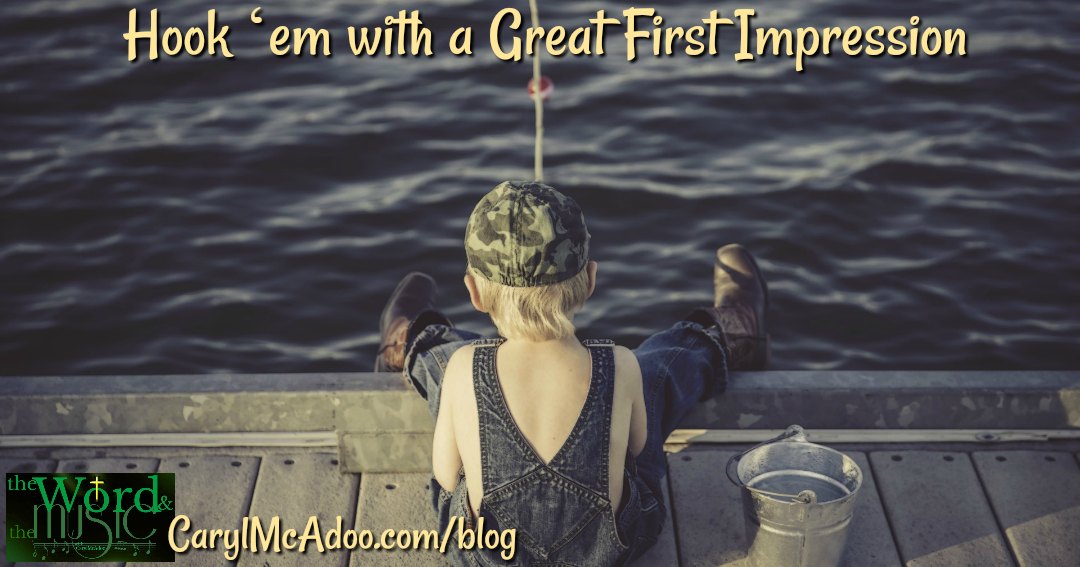
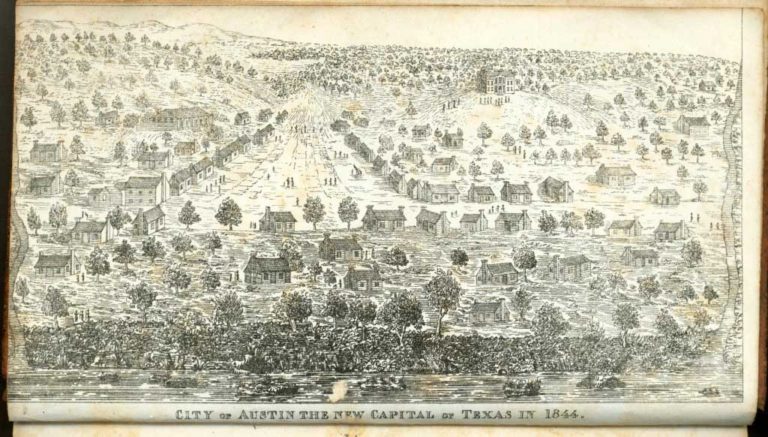
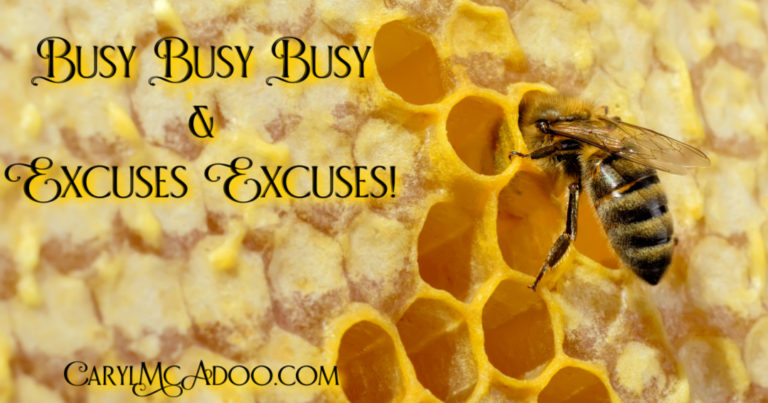


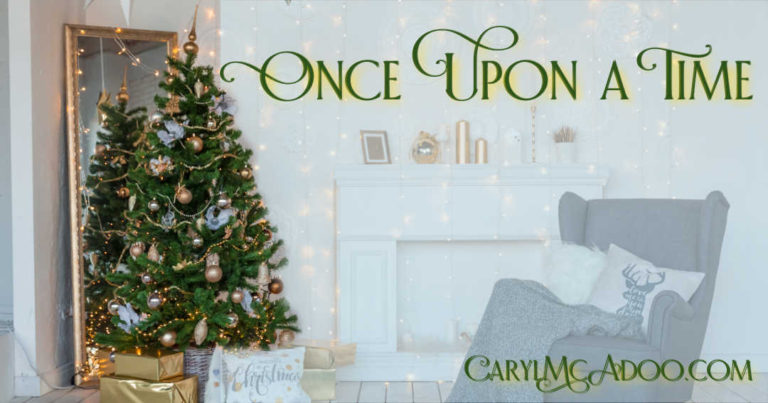
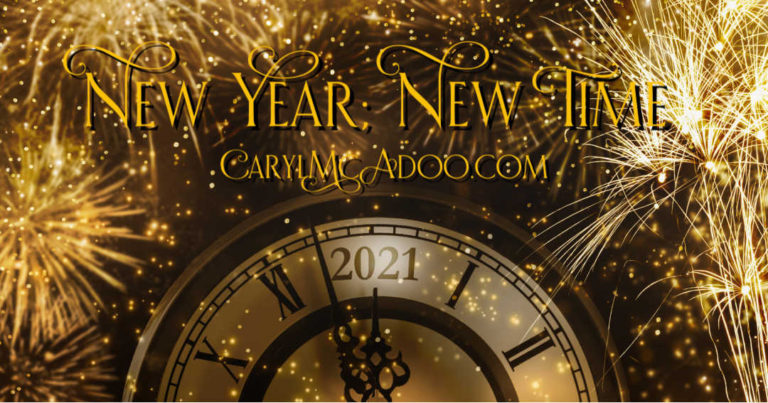
All true, well said by the master herself. Thank you for sharing!
It had my attention the entire time!!! Love what I read!
Thank you Caryl❤️
Look at me! I totally missed this comment, Darla!~ I’m so sorry! Hugs and blessings!